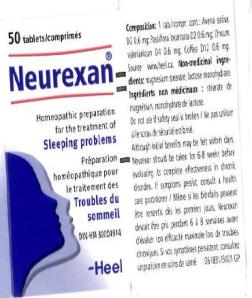At the time of writing, some of you are reading last Friday’s edition of Movie Friday (I haven’t quite got back to my 2-week buffer, and since 2 weeks is too short a time to really respond to news I am making some slight adjustments to how I handle the writing). For those of you who are not regular readers (welcome!) and didn’t feel like clicking on the link (lazy!), last week I showed a couple examples of what I thought was an interesting development in hip-hop music: the introduction of the idea of religious doubt.
The reason why it’s particular interesting (to me at least) is that the black community is stereotyped as being particularly religious – traditionally Christian and more recently Muslim. Both of these faiths and their stereotypical overlap with the black community have good historical and sociological explanations. What’s even more interesting is the clip I want to show you today:
I’m not sure why all the Jews in this film clip have English accents, but whatever.
Jews are, from a sociological perspective, an incredibly interesting group of people. Judaism is an ancient religion that is not simply a philosophical belief, but a “live-in” religion with several traditions and rituals. Even people who are not religiously Jewish follow its traditional practices (I’m not completely sure, but I strongly suspect that all of my Jewish friends are atheist, but they all observe in one way or another). The story of the Jews is one of the oldest we have, and yet there is a lot in it that we would not, if given the opportunity for sober contemplation, consider good. Ultimately, historically, the story of the Jews is the story of a people that nobody wanted and many tried to wipe out.
What we see in this clip is an exploration of the kinds of questions that come with a sober contemplation of the story as it is given. A jealous, petty, vengeful and cruel god makes outrageous and illogical demands of a group of frightened people, and exacts lopsided and chillingly evil revenge against even slight transgressions. In return, he helps them kill and destroy entire cultures for having the temerity to either refuse to give up their land, or for following a different system of belief. It really is a shocking tale when it’s all stitched together.
So when people tell us that they get their knowledge of right and wrong from the Bible (or worse, that everyone should), I get the shivers. It’s a horrendously evil document that can be used to justify all sorts of things. It certainly demands that followers call evil things good and pretend that being punished by an abusive and jealous father is some twisted form of benevolence.
There are important questions that are asked by this clip. Anyone who believes that Yahweh is just and good, and bases that belief on the Bible needs to allow themselves to ask those questions. Those of us who don’t recognize the existence of Yahweh (or any other god) in the world around us already have answers.
Like this article? Follow me on Twitter!


